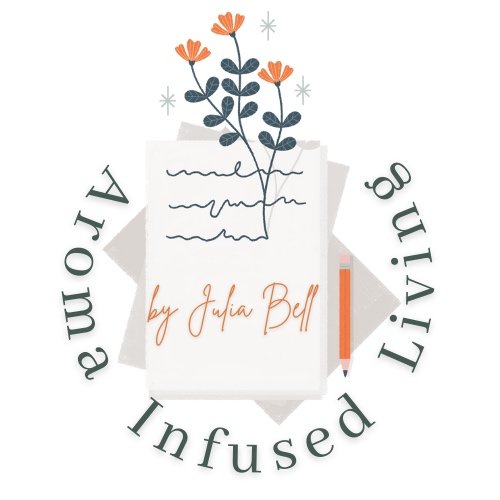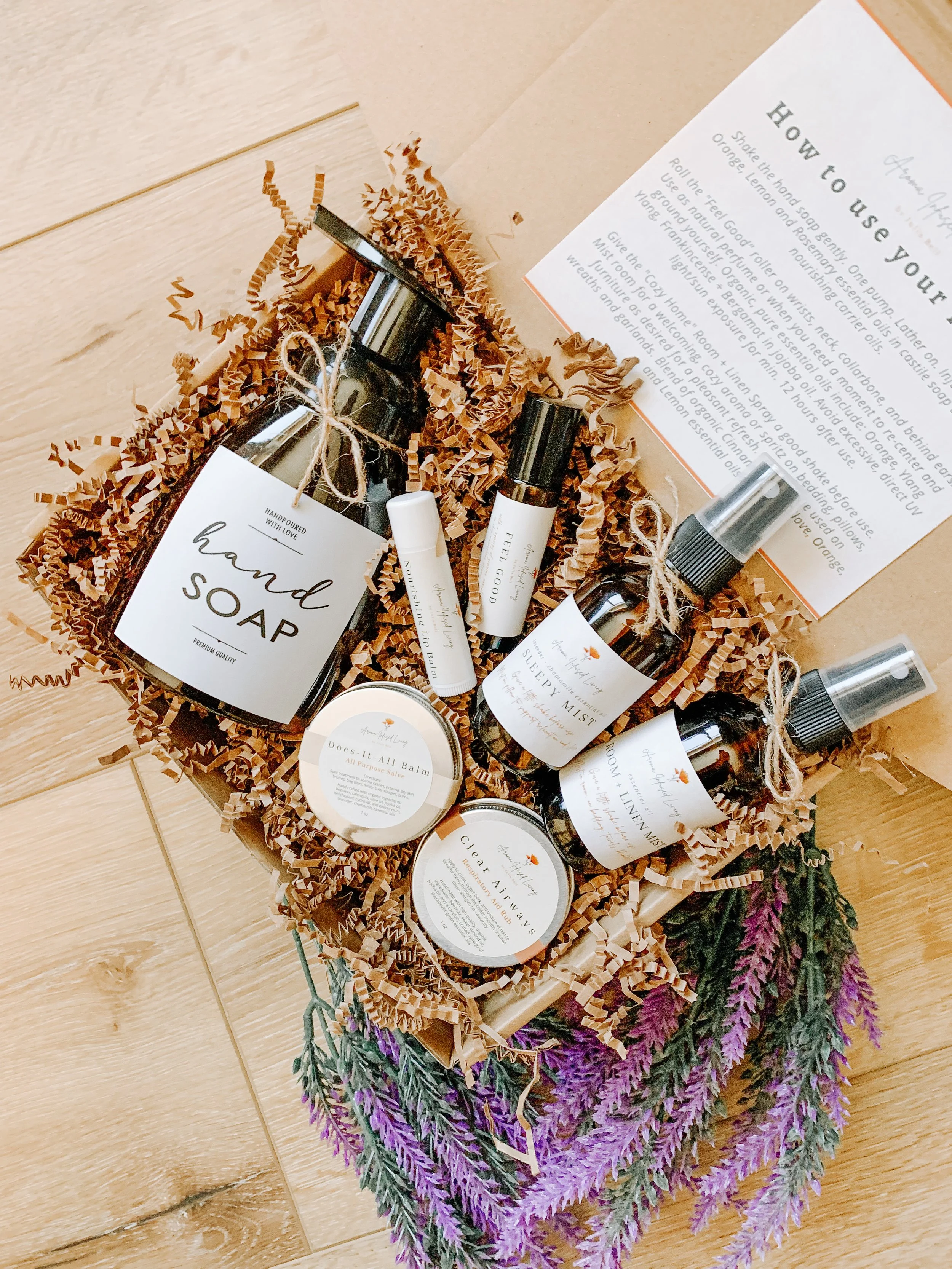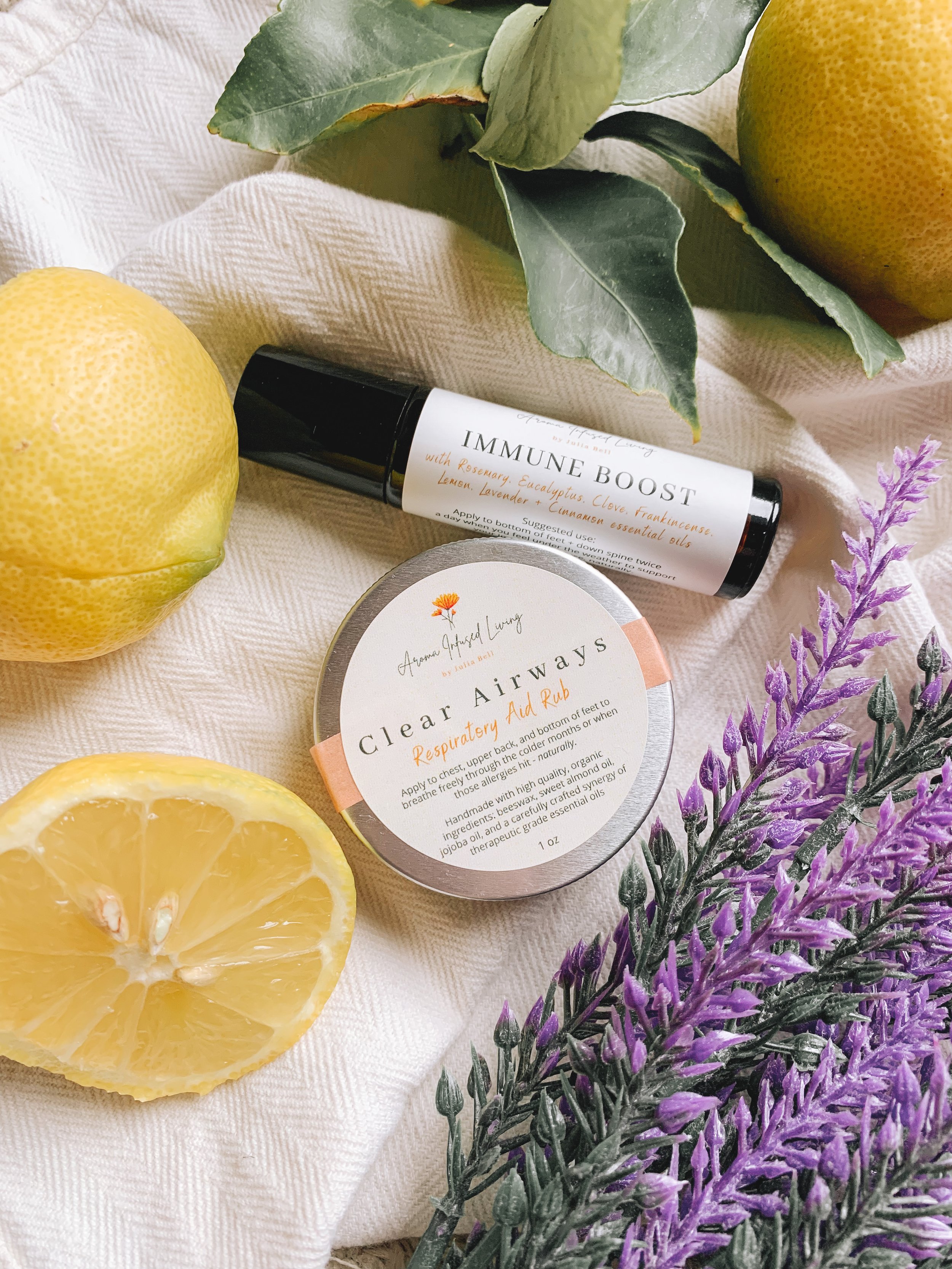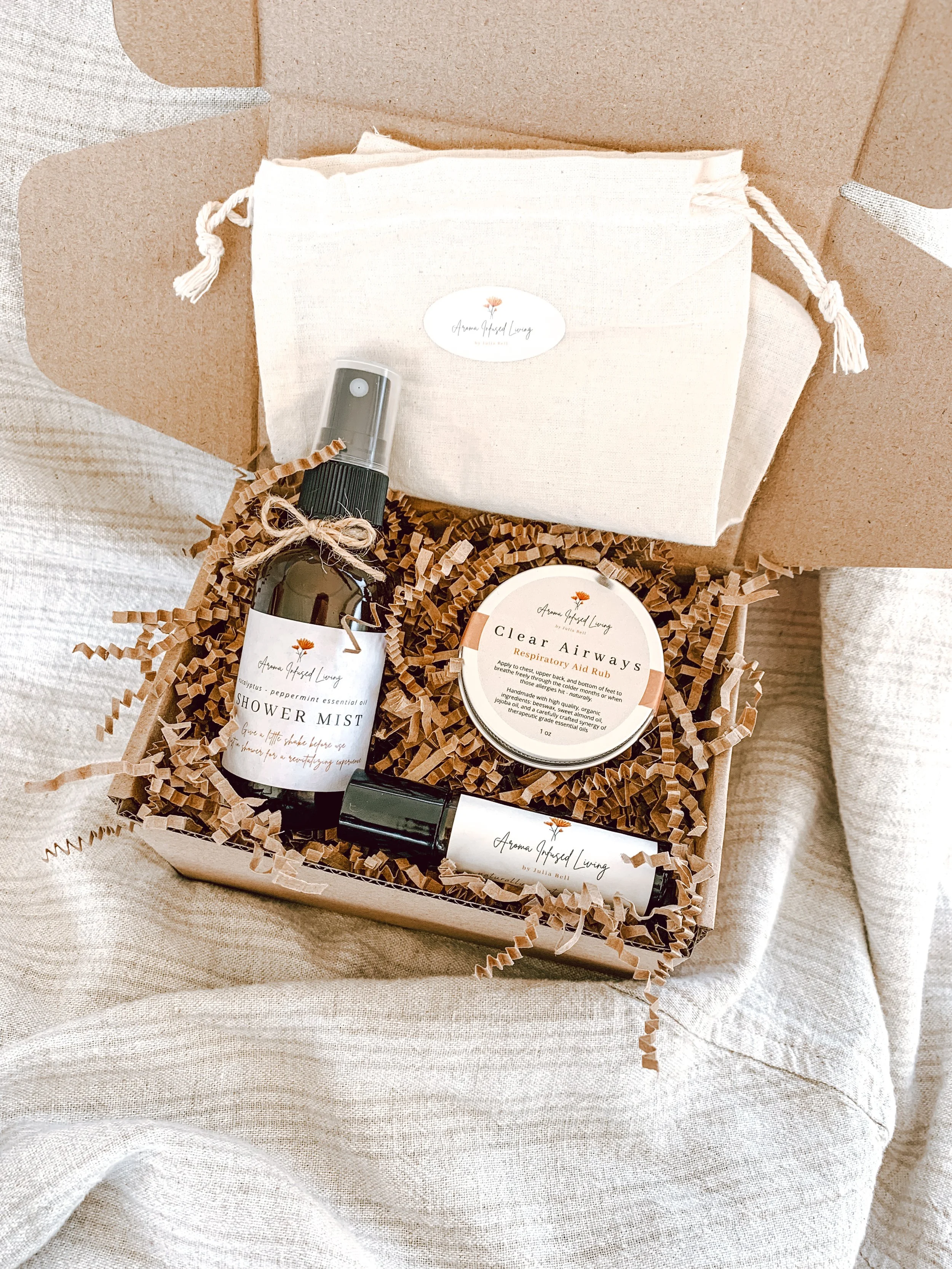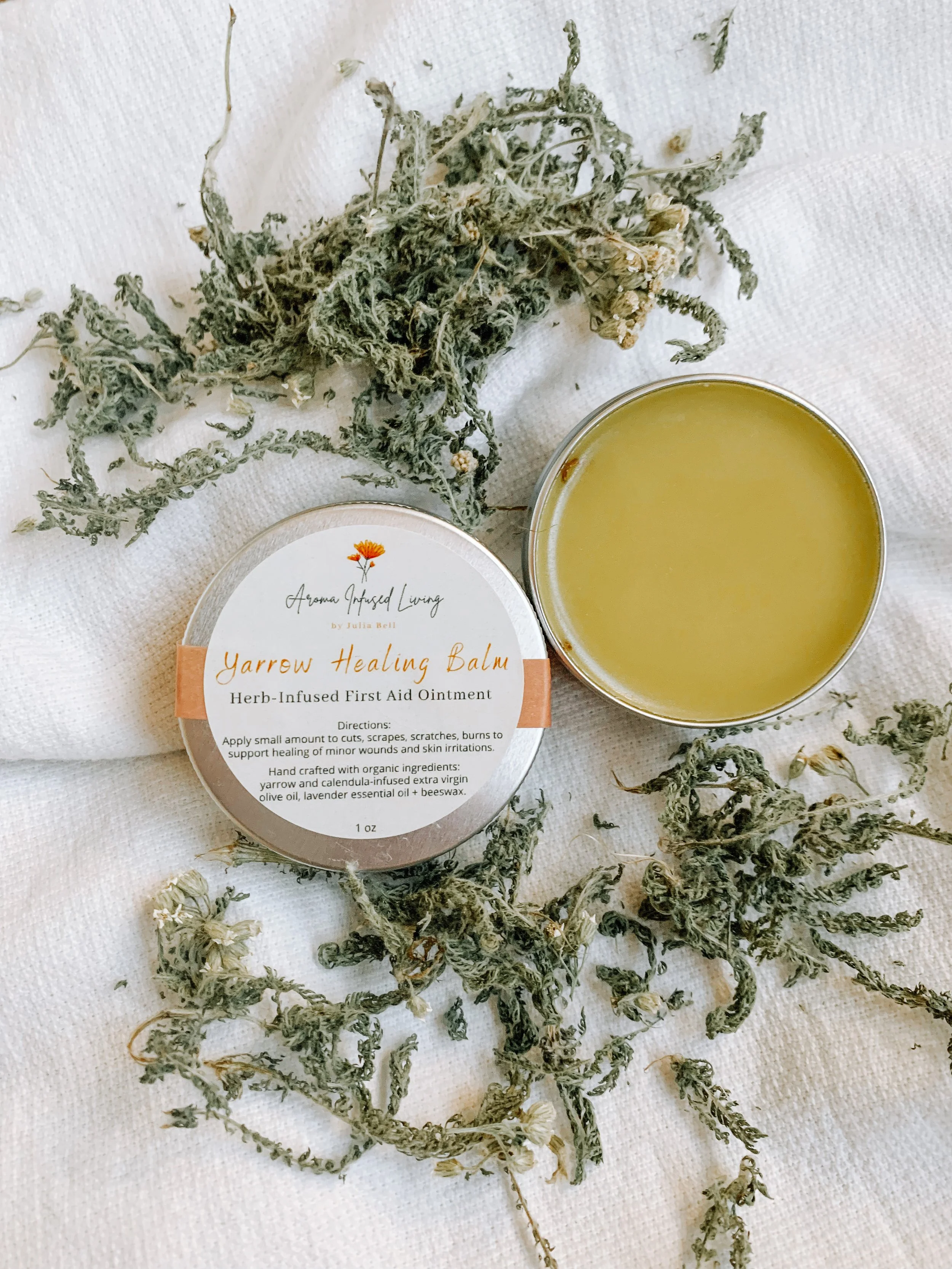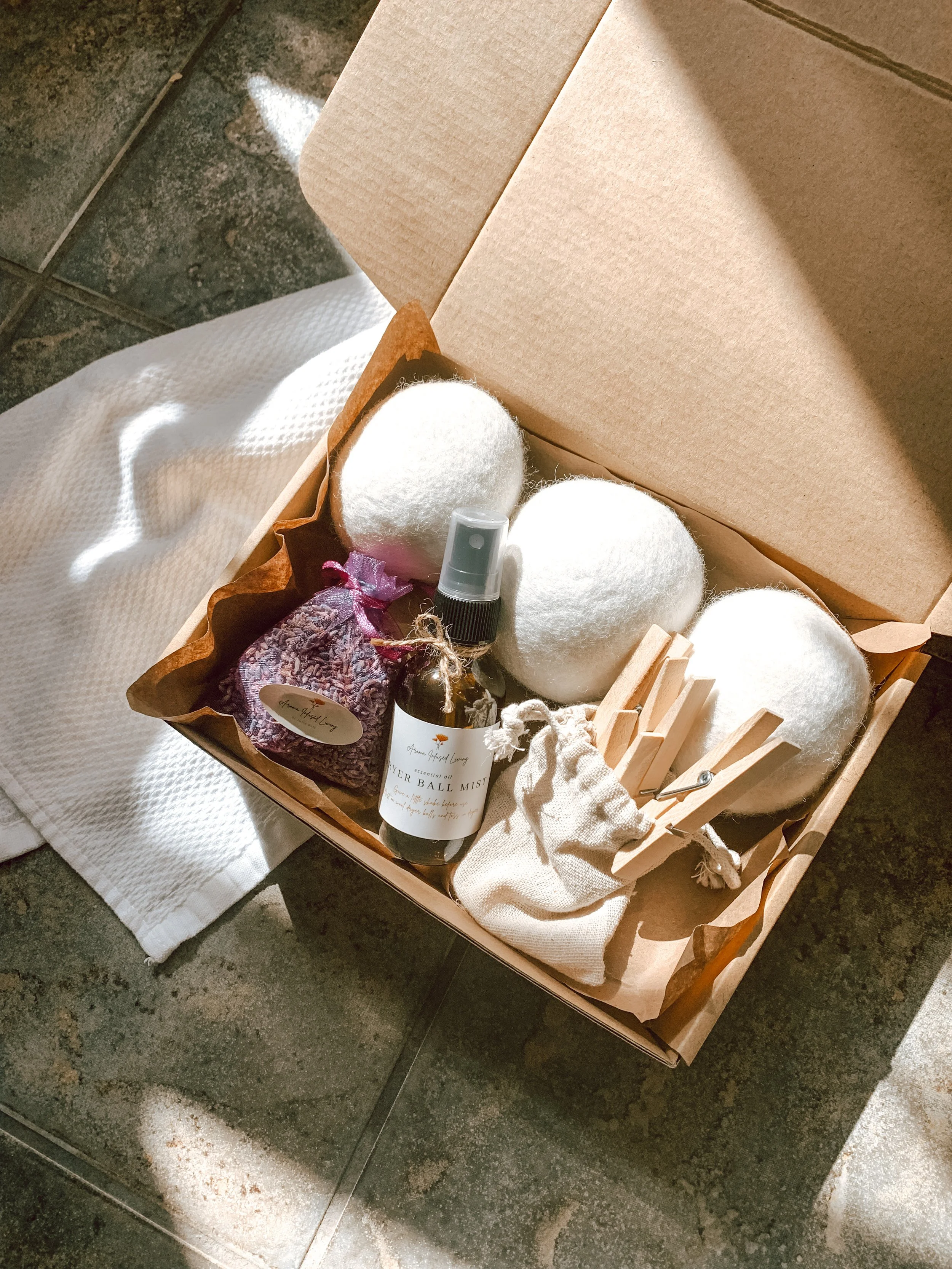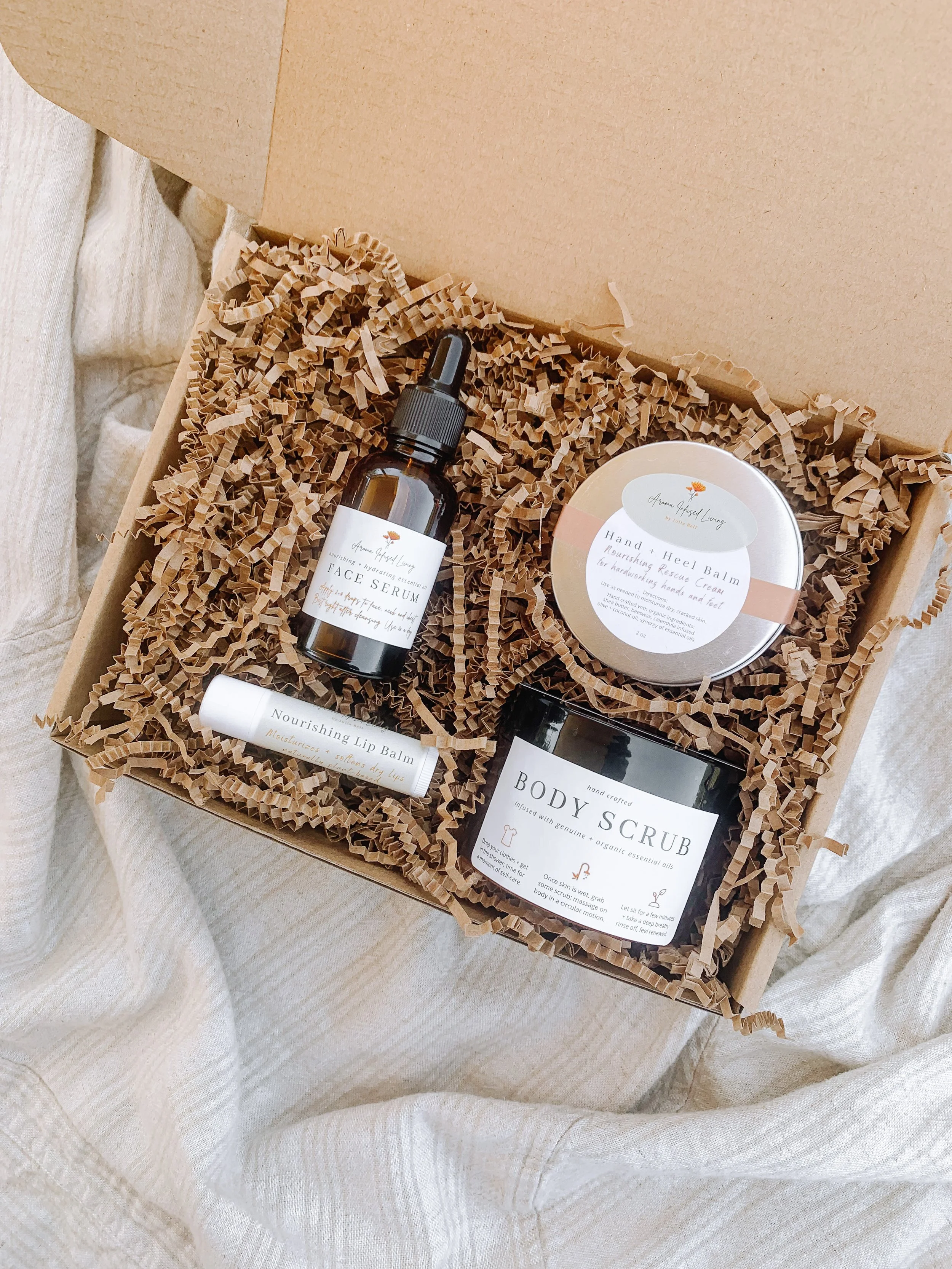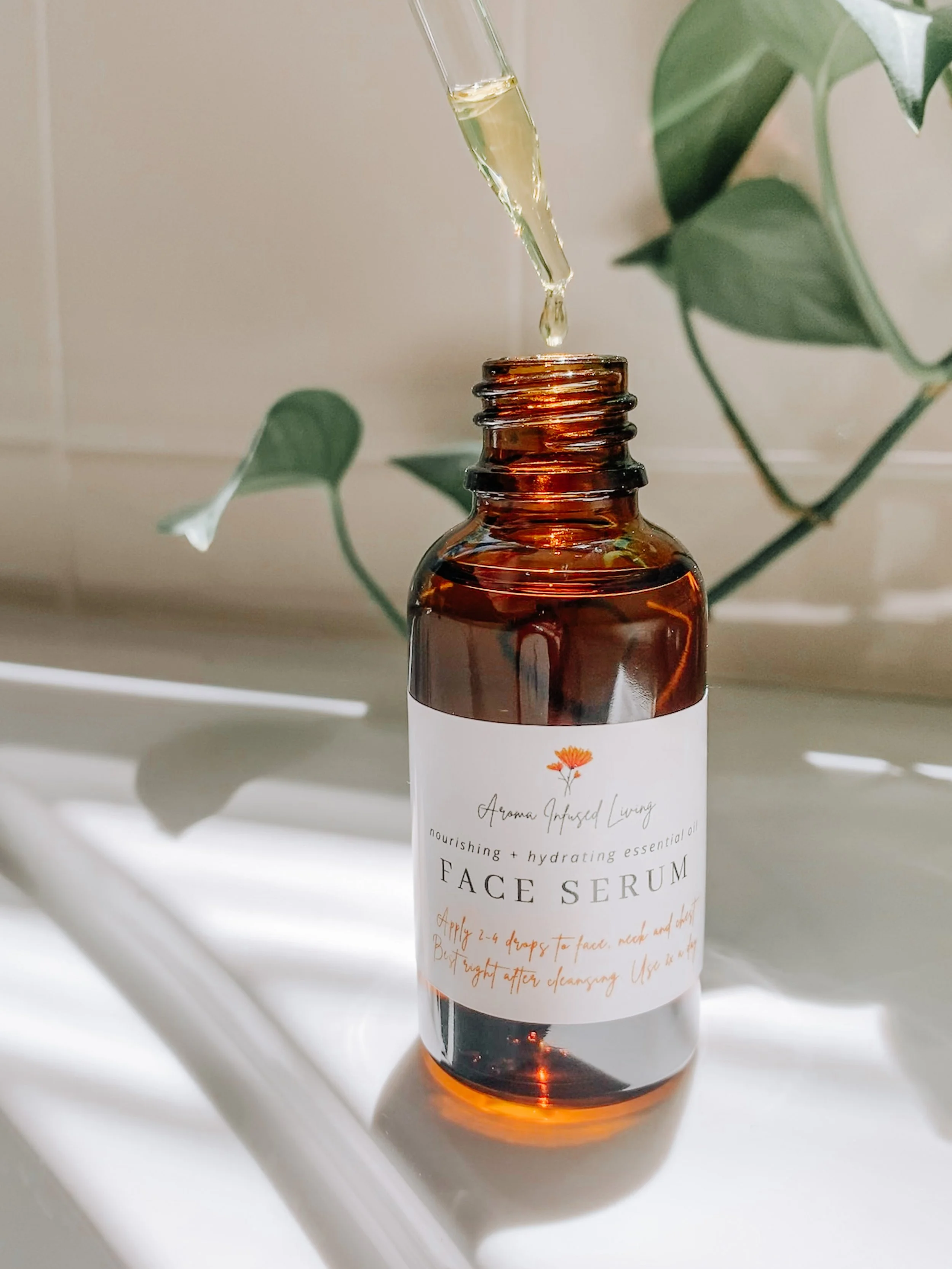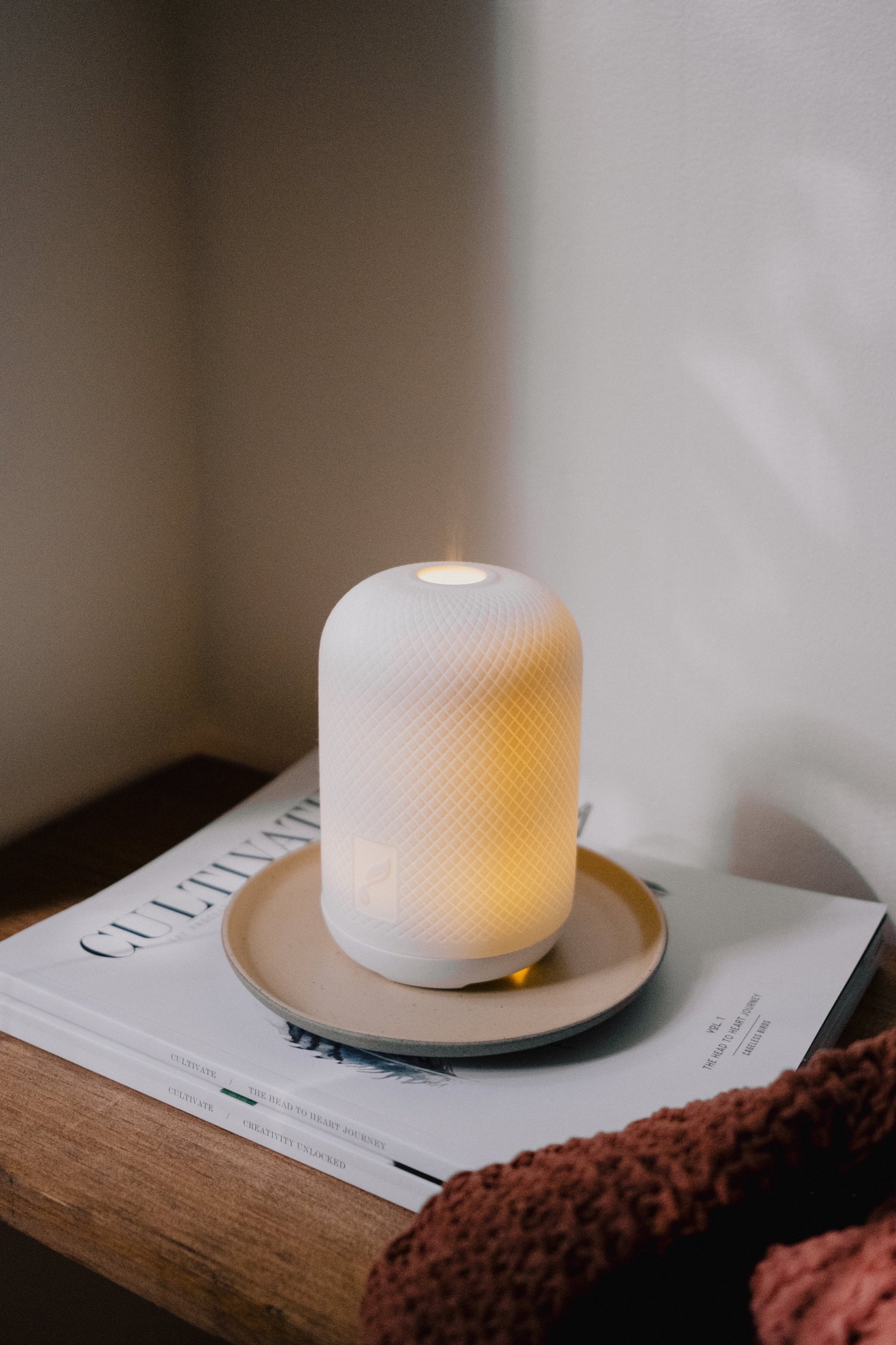A happy place: surrounded by plants + light, with a hot cup of coffee in hand.
A warm welcome!
I’m so happy to see you in my plant-infused, cozy little corner of the internet. Know that it isn’t a coincidence that you are visiting me in this space. You felt a tug at your heartstrings — and that’s all that matters for now.
Let me introduce myself real quick.
In short: I’m Julia. Proud wife of a Marine Corps Veteran, mother of four, believer, simpler | plant-infused | holistic living enthusiast, empathetic soul + certified aromatherapist.
Here’s more about my story, if you’re interested.
My mission:
Serving you with tried and true, handcrafted, micro batch + custom made aromatic and herb-infused preparations, consultations, and personalized aromatic programs for simpler, health-friendlier, effective personal wellness - naturally, plant-based, organic.
This is so you can experience the benefits and versatility of nature’s therapeutic, living essence: essential oils. As you are taking steps towards lowering your toxic burden and both simplifying and enhancing your personal well-being, I am dedicated to naturally supporting you and your family.
Re-connecting with nature:
It starts within the walls of your home.
Build a simple, Effective Holistic Toolbox. address underlying emotional and physical Needs turning to the Proven Healing Properties of Plants. learn how you can confidently Use Nature’s Living Essence in your Home.
safely, simply, naturally.
How can I best serve you?
Get my monthly, free e-letter with practical tips and tricks how to incorporate essential oils into your personal and home care routine. It’s simpler than you may think — and, psssst, natural living can be budget friendly. I’ll show you how.
